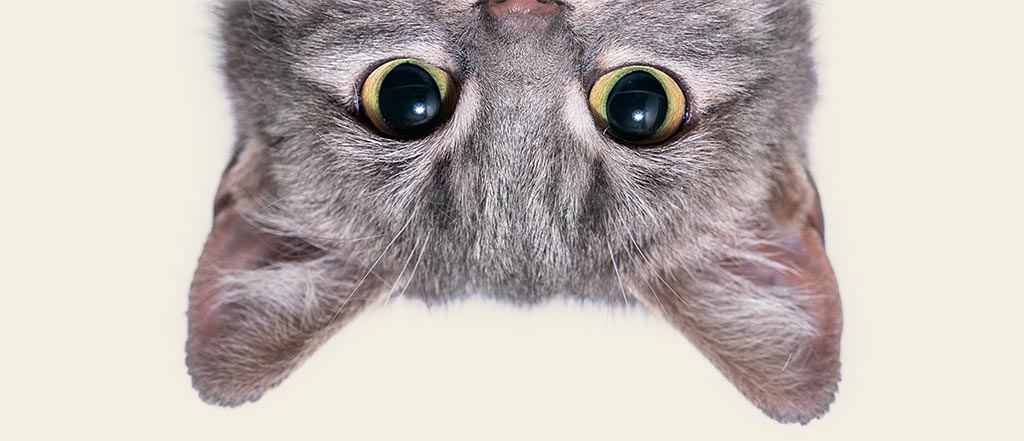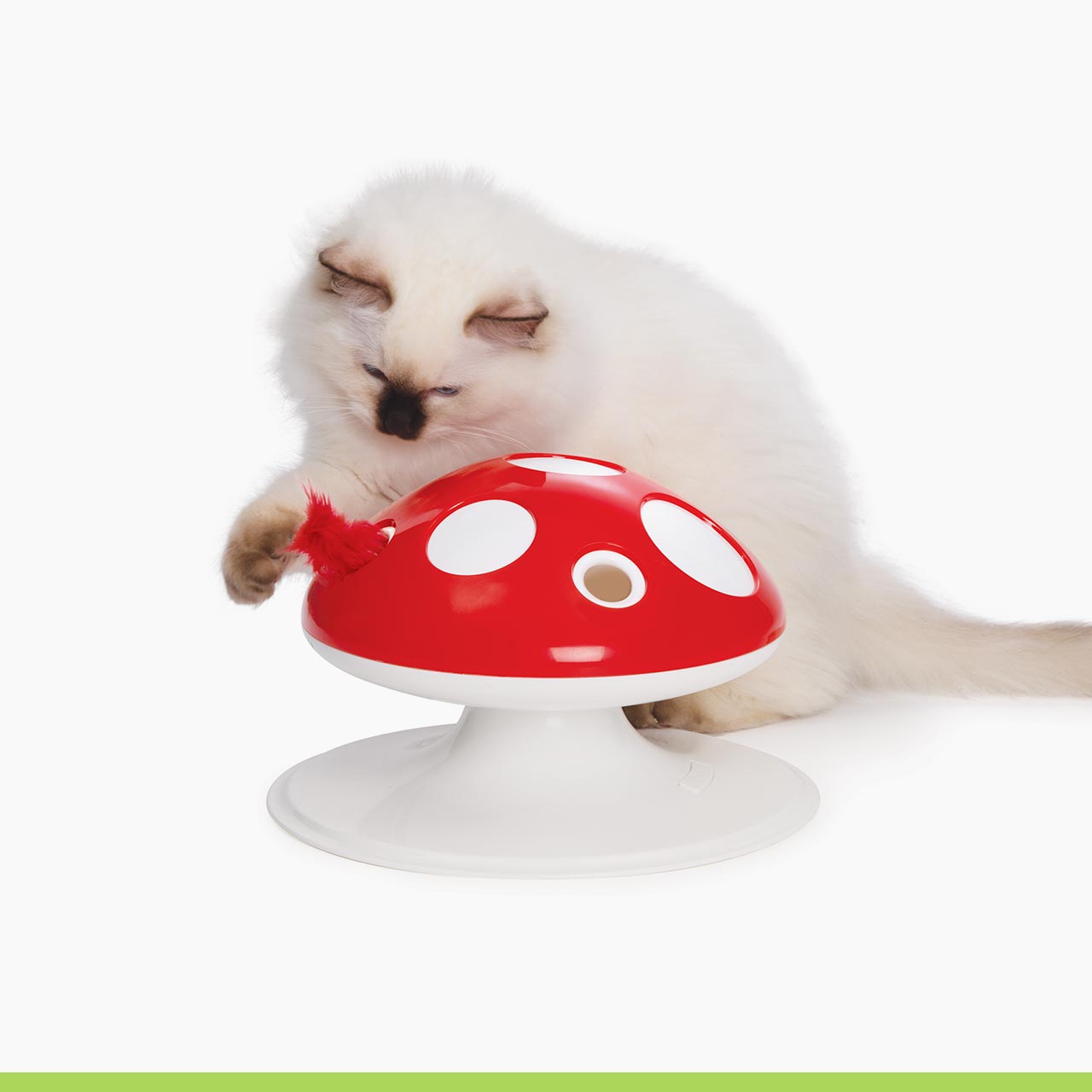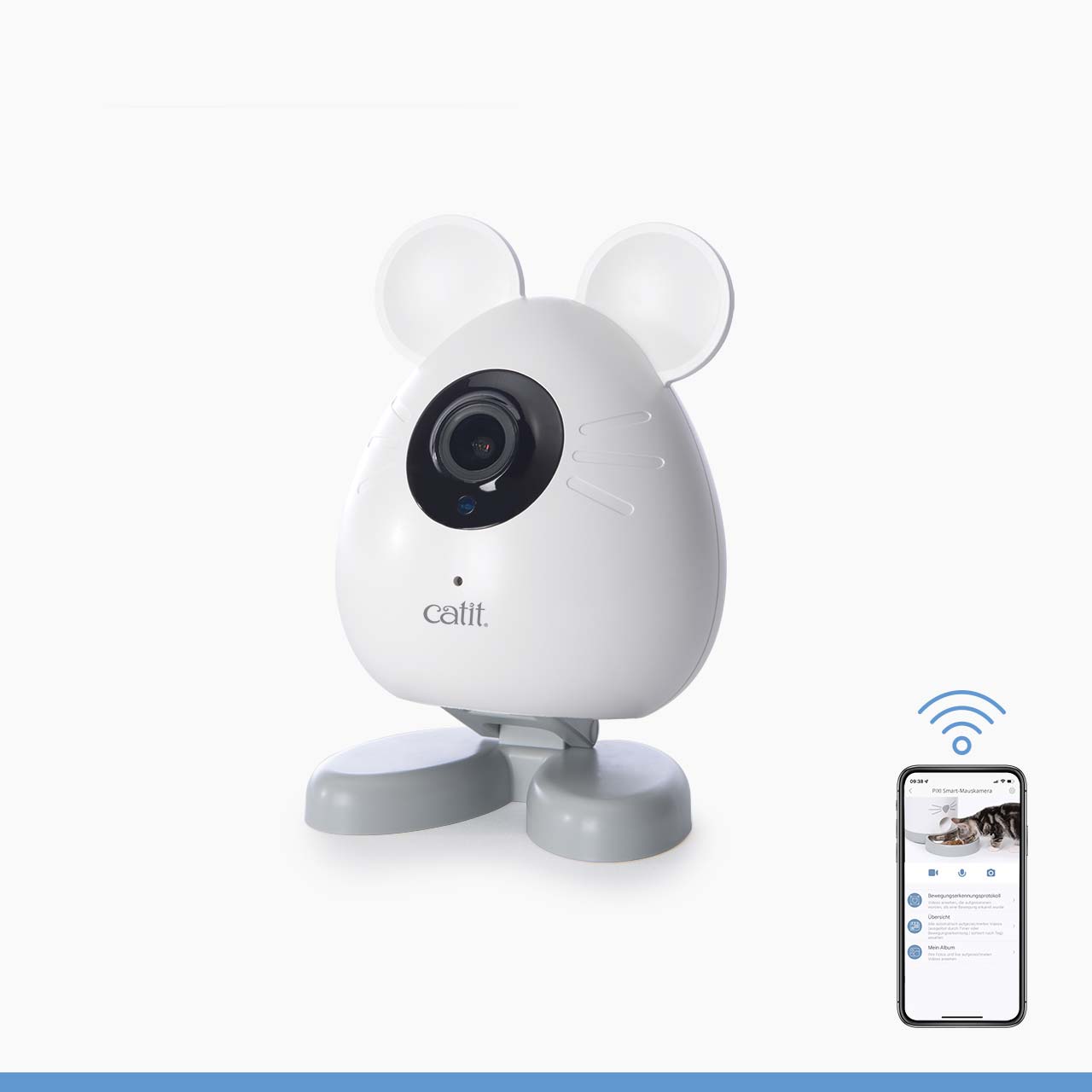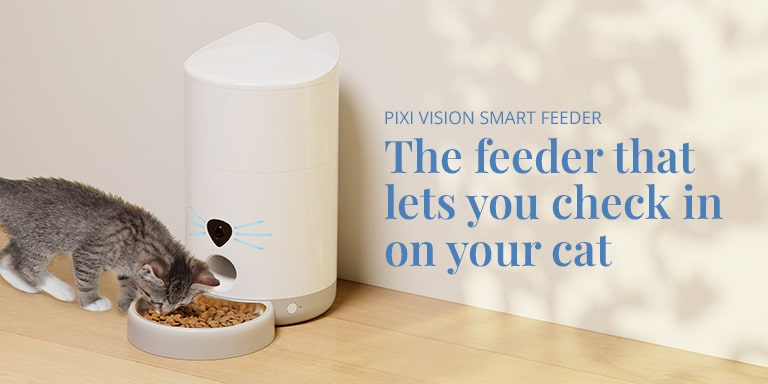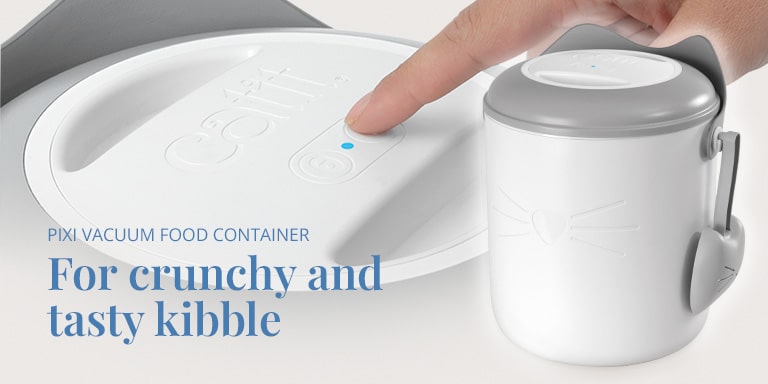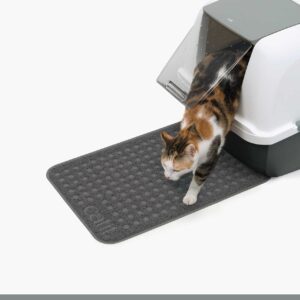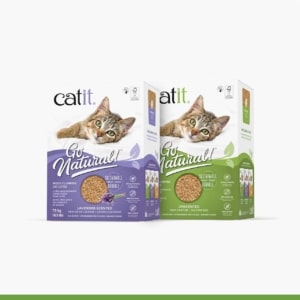In this article
How do you become infected?
Toxoplasmosis is a disease caused by one of the most common parasites on earth: Toxoplasma gondii. The parasite can enter the human body in 2 ways. The first one is through the umbilical cord. When a mother gets infected before or during pregnancy, there’s a good chance she’ll transfer the parasite to her unborn baby. The second way is through ingestion. T. gondii can be present in raw and undercooked meat but also thrives in cat feces. As a result, it’s important to wash your hands after you scoop or clean the litter box.

Is toxoplasmosis dangerous and what are the symptoms?
While a small minority of infected people develop flu-like symptoms, most otherwise healthy people won’t notice anything. Did you know that in Europe between 10% and 60% of women at childbearing age (depending on the region they live in) are a carrier of the T. gondii parasite, without displaying any symptoms (Flegr et al., 2014)? There are, however, 2 groups of people that must be very careful not to come into contact with these nasty parasites: pregnant women, and severely immunocompromised people such as cancer patients or people suffering from AIDS.
Never miss an issue of the FREE My Cat Exclusive digital magazine!
During pregnancy, T. gondii isn’t all that dangerous to the mother, but it definitely is to the unborn baby. If mom catches the parasite more than 6 months before getting pregnant, the baby will be protected by mom’s immunity so there’s absolutely no problem. However, if mom gets infected by T. gondii in an early stage of pregnancy, the baby can be stillborn, or if mom becomes infected with the parasite in a later stage of pregnancy, the disease can cause physical as well as mental development issues in the baby. In people with a severely suppressed immune system, the eyes can become affected by the parasite, as well as the heart and lungs, which in rare cases can lead to death.
Do I need to get rid of my cat?
No, you definitely don’t! Many people condemn cats for spreading the T. gondii parasite, but the risk of contracting toxoplasmosis from your feline friend is smaller than you might think. Cats are infectious only once in their lifetime, and only for a few weeks. Make sure to follow the tips below to greatly reduce the risk of contracting toxoplasmosis from your beloved pet.

Tips for litter box duty
Are you (trying to get) pregnant, or severely immunocompromised? If possible, let someone else scoop and clean the litter box for you. Don’t you have anyone to take on the job? Make sure to wear nitril gloves while taking care of litter box duty – you can even wear a face mask to feel safer – and thoroughly wash your hands afterwards. A very important tip is to scoop the litter box at least once a day! The T. gondii spores in your cat’s feces don’t become infectious until after about 48h, so daily scooping can greatly reduce any risks.
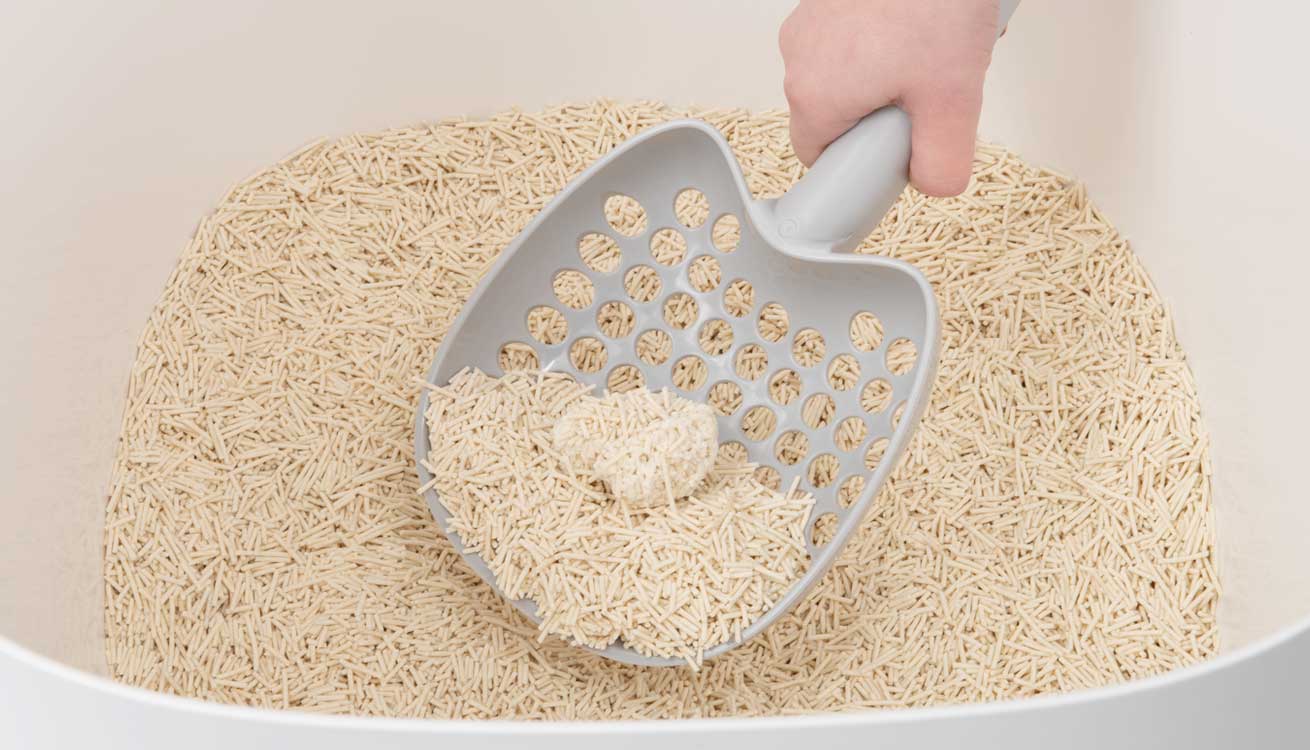
Tips for handling cats while staying safe
Since your indoor cat is most likely not covered in feces, the risk of contracting toxoplasmosis by petting them is very small. We do recommend washing your hands after having pet your cat though, just to make sure. If your cat is allowed outside and you are pregnant or severely immunocompromised, try to keep your cat indoors. Outdoor pet cats as well as strays and feral cats are much more likely to contract and spread toxoplasmosis than their indoor relatives. The reason is that cats tend to contract the disease by eating raw birds, mice, and other small prey animals. Is your cat deeply unhappy when kept indoors? Thoroughly wash your hands with water and soap after having pet any cat that lives outdoors or is allowed to go outdoors. Even though your cat won’t be covered in feces, many cats just love rolling around in the dirt, potentially getting contaminated soil on their fur.
Beware of fresh fruit and vegies
Once a cat sheds T. gondii in their stool, those feces remain infectious for up to 12 months. Fruits and vegetables, both home-grown and store-bought ones, can come into contact with contaminated soil, posing a risk. Therefore, always make sure to wash any fresh crops very thoroughly, and to steer clear of raw or undercooked meat.

Flegr, J., Prandota, J., Sovičková, M., & Israili, Z. H. (2014, March 24). Toxoplasmosis – A Global Threat. Correlation of Latent Toxoplasmosis with Specific Disease Burden in a Set of 88 Countries. PLOS One. https://journals.plos.org/plosone/article?id=10.1371/journal.pone.0090203


